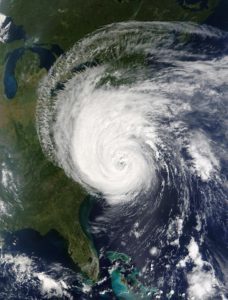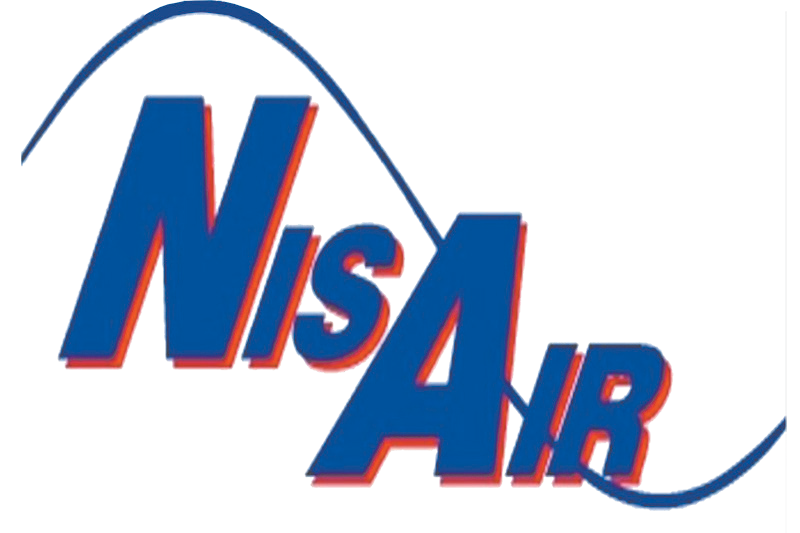Prepping for Stormy Weather During Hurricane Season
Of all the weather events in Florida, hurricane season is by far the most perilous. The powerful winds, pounding rain, lightning strikes, and even tornadoes account for millions, if not billions, of property damage when a severe storm hits. Since your cooling system has a large outdoor component, it’s important to prepare it before extreme weather hits to prevent the loss of its use.
Tie It Down
Strong winds can blow an outdoor condenser off its pad, which will severely damage it. It may need replacing, and if it’s an older unit, you may need a complete system replacement. Even if your insurance covers it, there may be an uncomfortable delay before an HVAC professional can complete the installation.
Wrap It
Tying a sturdy tarp around the condenser will prevent some of the wind damage. Secure the tarp around the unit with a nylon rope or bungee cords.
Protect from Electrical Damage
Lightning strikes and powerful winds can damage the electrical components inside the condenser, in the circuit breaker box, and the indoor air handler. Ask your HVAC contractor to install a surge protector for your cooling system. Not only will it mitigate the likelihood of electrical problems during hurricane season, it will protect your system throughout the year by minimizing the damage power surges create.
Power surges occur when utility workers restore power to damaged lines or when switching from section of the grid to another. Surges can occur during fair weather and have the potential to burn out anything that uses electricity. Should your area receive an evacuation notice, it’s a good idea to take out the fuse inside the condenser and turn the system off at the circuit breaker.
After the Storm
If your system appears to be damaged or your area experienced heavy flooding, contact your HVAC professional to clean and inspect the unit before you turn it on.
Hurricane season is perilous for your HVAC system and doing what you can to protect it may preserve it. To learn more, contact NisAir Air Conditioning and Heating, serving Martin, Palm Beach, and Indian River County homeowners.

